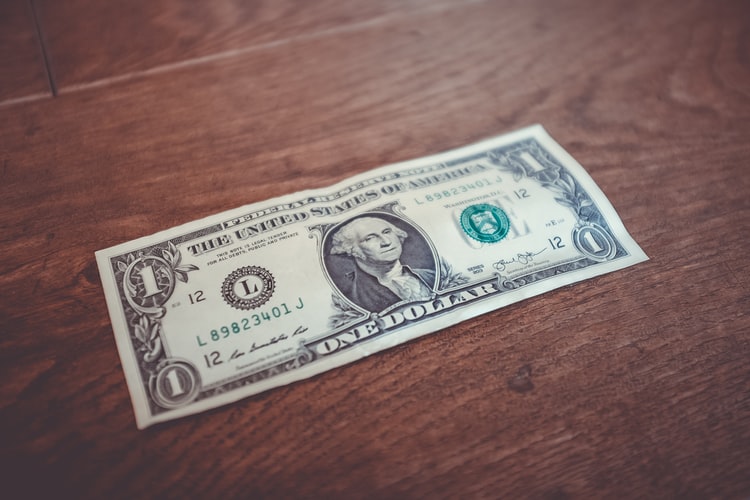The dream of achieving debt freedom can seem unreachable when you’re
facing a stack of bills that seemingly gets taller each month. Further, with
the need to keep track of so many obligations, the likelihood of accidentally
missing a payment every now and then can be high.
Combining your debts into one vehicle reduces this likelihood.
Moreover, your overall monthly payments, as well as your average interest rate,
will usually drop too.
Sound good?
Well, here’s what else you need to know about debt consolidation loans
before you sign up for one.
You’ll
Still Owe Money
A debt consolidation loan can indeed feel like a fresh hit of oxygen
after so many bills have smothered you for so long. Keep in mind, though:
You’ll exchange many debts for a single one. In other words, you’ll still be
indebted, just in a different way.

Too many people, experiencing the relief a consolidation loan
provides, go out and create more debt. It’s really easy to do when all of the
accounts with which you’ve struggled for so long suddenly have zero balances.
The temptation to “celebrate” and “treat yourself” will be strong.
But that’s a bad move.
Left unchecked, balances on those accounts can soon run up again.
However, this time, you’ll have the consolidation loan to pay off too.
You’ll
Need to Calculate Carefully
It’s very possible to wind up owing more with a debt consolidation loan if you aren’t careful. One of
the ways that monthly payment can drop is by extending your repayment term. In
other words, even though you’re making a lower payment at a lower interest
rate, you’ll pay more because you’ll pay longer.
To avoid this, take a good look at the terms of that debt
consolidation loan to ensure its overall interest rate and total repayment
amount are equal to or less than what you currently have. Otherwise, you’ll be
going from bad to worse — even though it will feel like things are better.
You’ll
Need to Do Your Due Diligence
As is always the case where financial issues
exist, predators are out there looking to “take down the slow gazelle.” One consolidation scam has borrowers making
payments to the consolidation company with the understanding that firm would pay
off creditors.
Instead, they’ll pocket the money you send each month and pay nothing
against your debts. You’ll then discover this when the collections calls start.
Always get the proceeds of the loan deposited into your account, so you can pay
off your creditors yourself. Make sure all of the creditors included in the
consolidation acknowledge those accounts are paid in full — in writing.
You’ll
Need to Manage Your Credit Strategically
On the one hand, a debt consolidation loan does have the potential
to improve your credit score. However, if you close all of your existing
accounts once they’re paid off, you could inadvertently lower your credit
score. One of the criteria by which your score is calculated is credit utilization. Your credit score will
suffer if all of your old accounts are closed and the only thing left is the
high balance consolidation loan.
These are just four of the factors you’ll need to consider when you’re
wondering what you need to know about debt consolidation loans. Yes, they
absolutely can be a help when you’re trying to get some breathing room in your
finances. However, like any other tool, they must be wielded with care.









